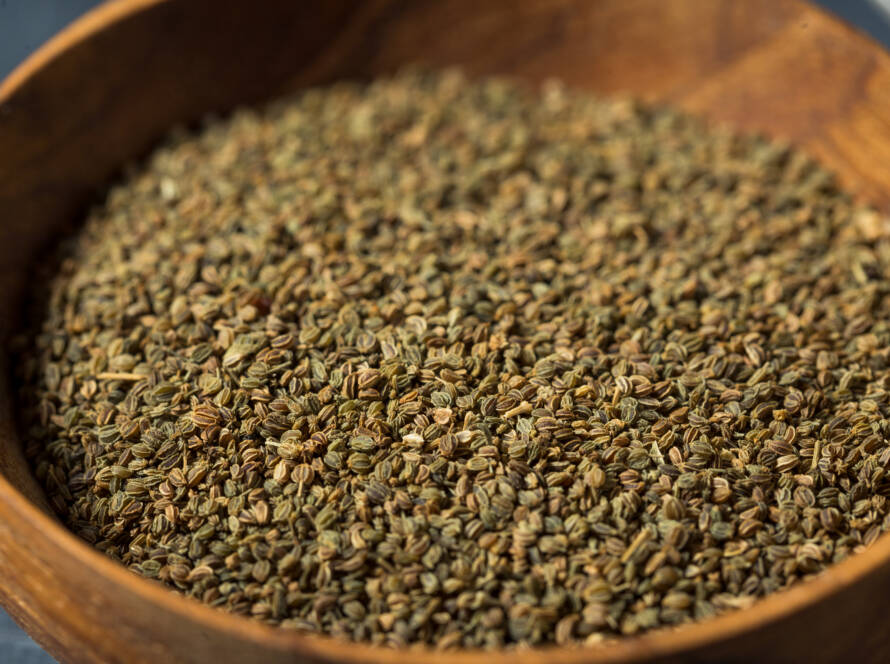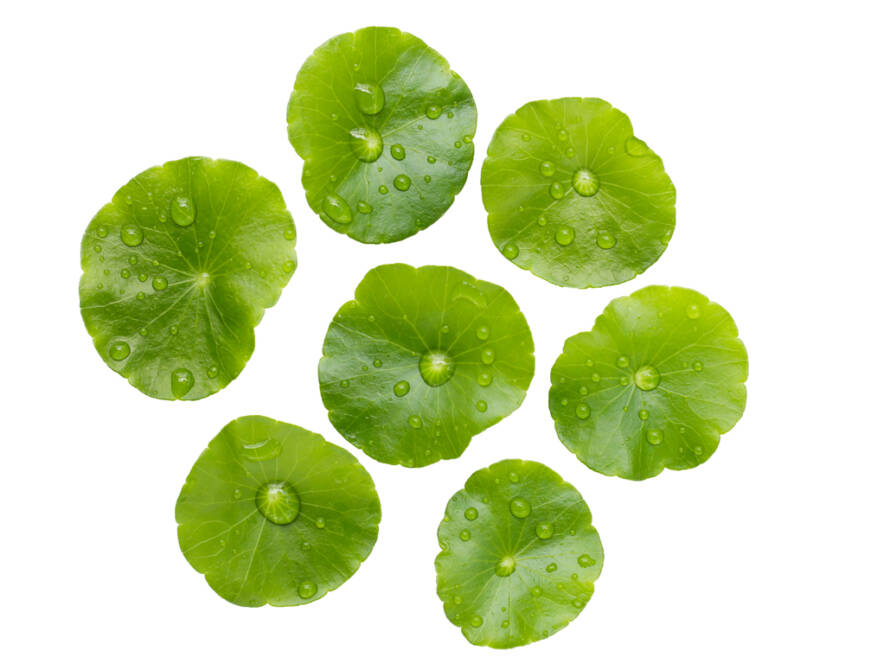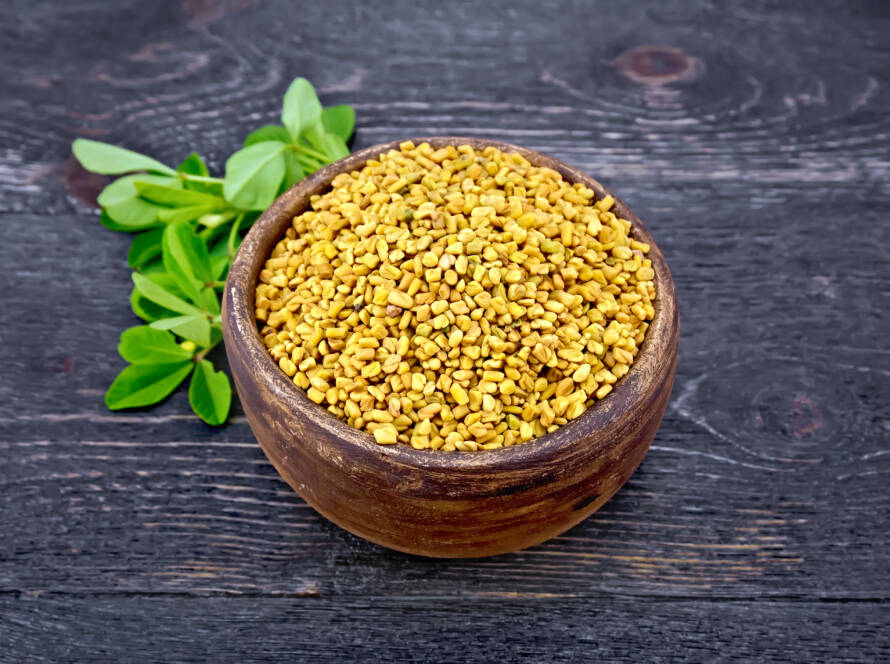Hops
Introduction
This fact sheet provides basic information about hops, a perennial climbing vine cultivated worldwide. Male and female flowers are found on separate plants, and the cone-shaped fruits, known as strobiles, are harvested in the fall and carefully dried. Hops have been used centuries to flavor and preserve beer, contributing to its bitter and aromatic taste. Additionally, hop extracts are utilized in the food industry for flavoring purposes. Medicinally, hops and lupulin are believed to aid digestion, provide mild sedation, promote diuresis, and address menstrual issues. Hops pickers have reported experiencing sedation during harvest, and hops flowers are sometimes added to pillows to alleviate nervous conditions.
Common Names
- Hops
Latin Names
- Humulus lupulus
What It Is Used For
- Hops are primarily used for flavoring. They, along with lupulin, are thought to aid digestion, provide mild sedation, promote diuresis, and treat menstrual problems, although no clinical studies confirm these uses.
How It Is Used
- Hops are used as a mild sedative or sleep aid, typically in doses of 1.5 to 2 grams of dried strobile. An extract combined with valerian, known as Ze 91019 (ReDormin, Ivel), has been studied with a hops dose of 60 mg for insomnia.
What the Science Says
- Hops are often included in sleep aids alongside valerian; studies suggest valerian plays a more significant role in the pharmacologic activity than hops. Estrogenic effects have also been noted in evaluations of hops extract for treating menstrual symptoms, raising concerns about its use in breast enhancement products.
Side Effects and Cautions
- Individuals allergic to hops should avoid using them. Those taking sedative medications should only use hops under a physician’s supervision.


